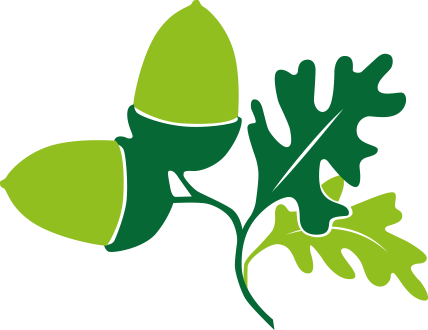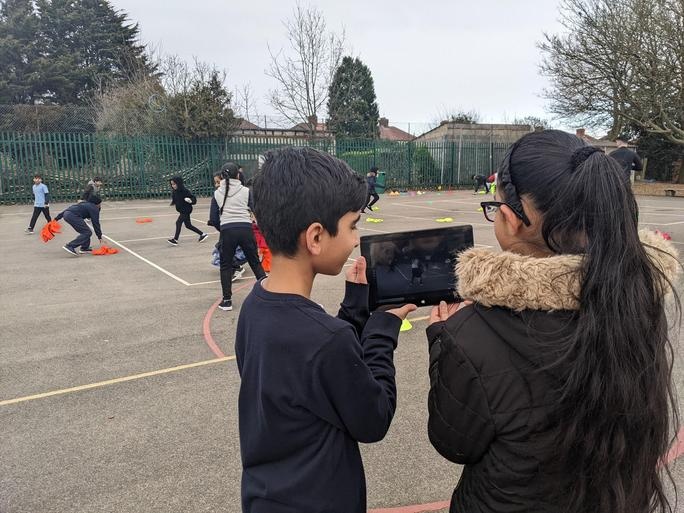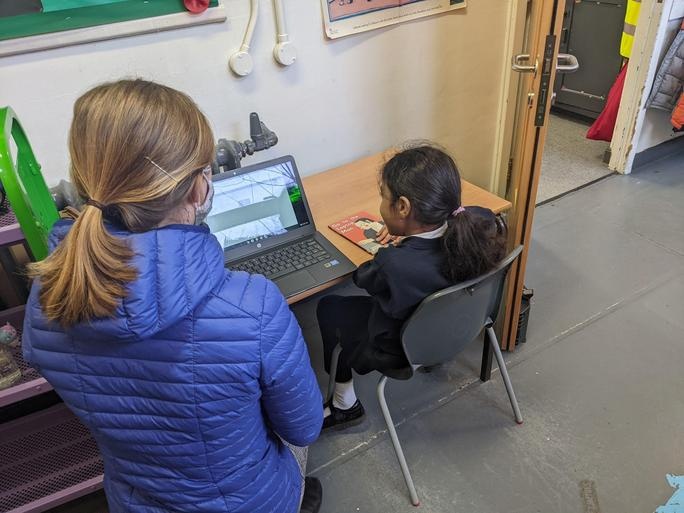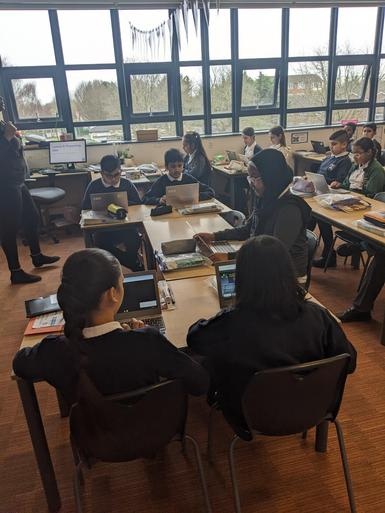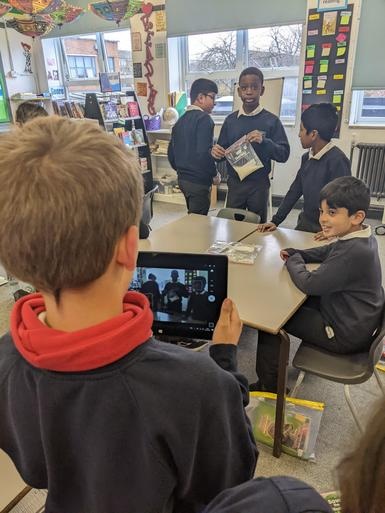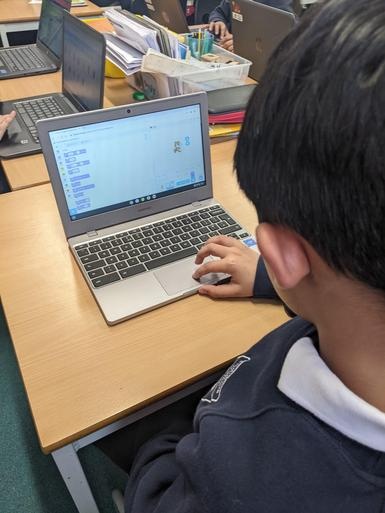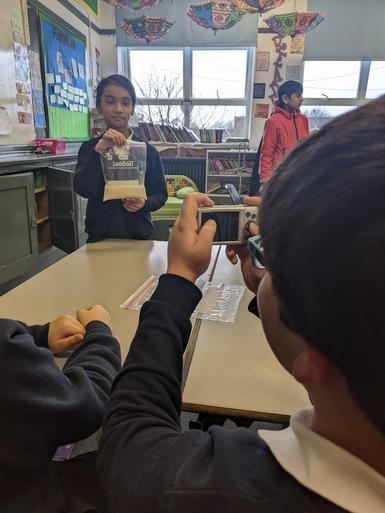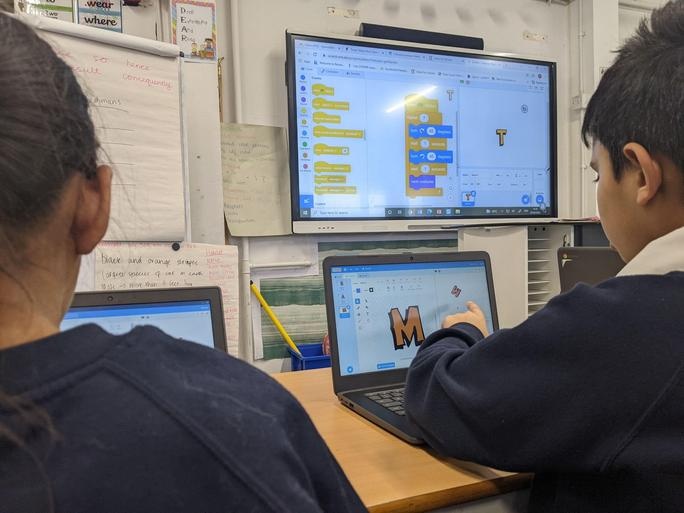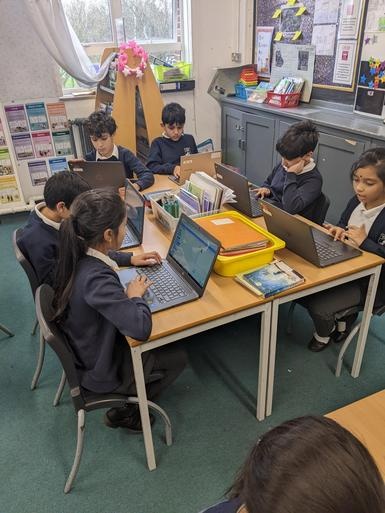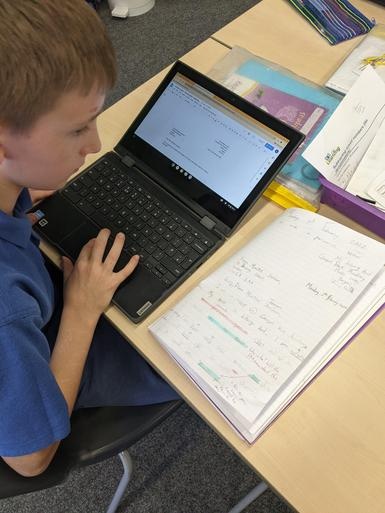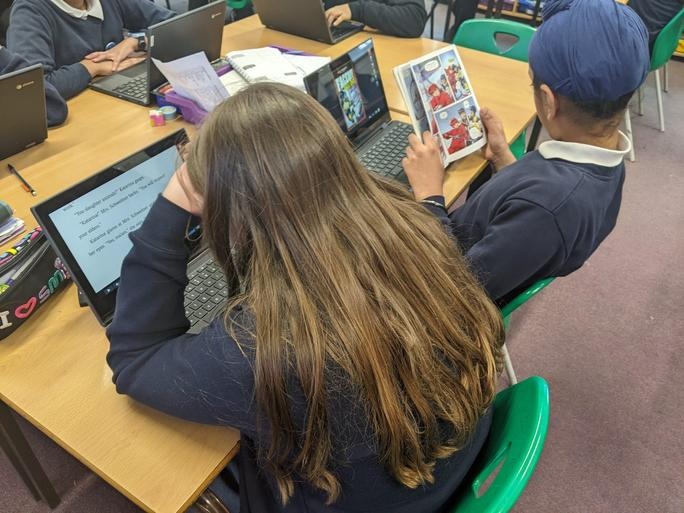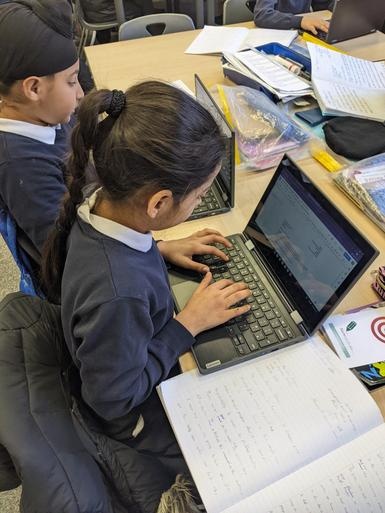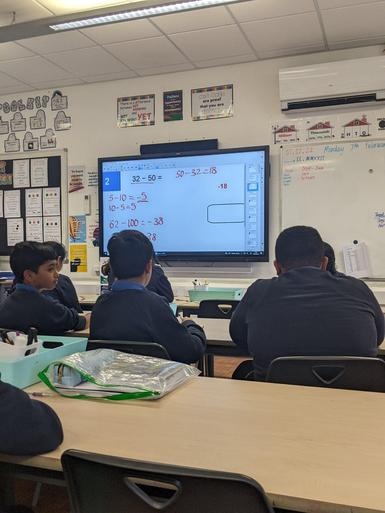Computing
Computing Curriculum Statement
At Cranford Park Academy we believe that computing is an essential part of the national curriculum. Computing is an integral part of modern day life and therefore provides a wealth of learning opportunities, explicitly within computing and also across other curriculum subjects. Through the study of computing, children are able to develop a wide range of fundamental skills, knowledge and understanding that they will need for the rest of their lives. In this modern era, technology is essential to our daily lives, at home and at work. ‘Computational Thinking’ is a skill children must be taught in order to provide them with essential knowledge and skills that will enable them to participate effectively in the digital world.
The national curriculum defines three clear aspects of the computing curriculum: Computer Science (CS), Information Technology (IT) and Digital Literacy (DL). Children will be given the opportunity to develop their knowledge and understanding in each area from the Foundation Stage to Year 6.
At CPA, we use a scheme of work created by NCCE (the National Centre for Computing Education) in order to achieve the aims of the national curriculum. We are also using Google for Education and use the range of software available to support and promote collaborative working with pupils. The scheme of work was selected due to the way in which the scheme focuses on practical applications of software and technical understanding as well as embracing our Google Chromebook devices as the foundation to our teaching tools.
In Key Stage 1 the children will learn to understand what algorithms are; how they are implemented as programs on digital devices; and that programs execute by following precise and unambiguous instructions. They will be taught to create and debug simple programs and use logical reasoning to predict the behaviour of simple programs. They will be shown how to use a range of technology purposefully to create, organise, store, manipulate and retrieve digital content as well as recognise common uses of information technology beyond school. They will be taught to use technology safely and respectfully, keeping personal information private; identify where to go for help and support when they have concerns about content or contact on the internet or other online technologies. Each of these skills will be taught through exciting half termly units.
In Key Stage 2 the children will design, write and debug programs that accomplish specific goals, including controlling or simulating physical systems and solve problems by decomposing them into smaller parts. They will use sequence, selection, and repetition in programs, use logical reasoning to explain how some simple algorithms work and correct errors in algorithms and programs. Children will be taught to understand computer networks, including the internet, and the opportunities they offer for communication and collaboration. They will use search technologies effectively, learn to appreciate how results are selected and ranked, and be discerning in evaluating digital content. Children will be taught to select, use and combine a variety of software (including internet services) on a range of digital devices to create a range of programs, systems and content that accomplish given goals. They will use technology safely, respectfully and responsibly; recognise acceptable /unacceptable behaviour; identify a range of ways to report concerns about content and contact.
Additionally, in 2020 we started a new 1 to 1 device policy. We now ensure that every child in Key Stage 2 will have access to their own Chromebook device. This is rolling out through our Year 5 cohorts and will, over the course of the next 3 years, ensure all pupils in Year 4-6 will have their own devices and that pupils in Years 1-3 will have access to at least 30 devices across each year group. This policy will allow pupils to deepen their understanding and develop their use of technology as well as allowing staff to embrace the educational benefits offered through technology.
Progression in computing will be assessed throughout each key stage through the children’s ability to know, apply and understand the matters, skills and processes specified in the relevant programme of study. We assess the children through:
- Observing children at work during weekly computing sessions.
- Questioning the children in relation to their programme of study in order to assess their understanding and comprehension.
- Assessment/marking the work produced by the children and discussion of their next steps.
An age-related assessment will be given to parents/carers through annual reports.
